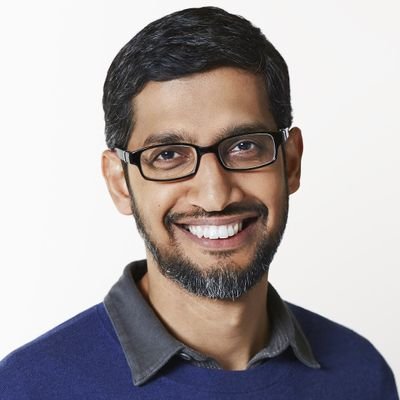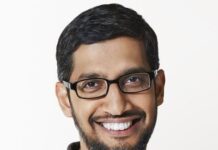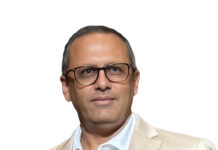New Delhi– Alphabet and Google CEO Sundar Pichai on Monday stressed that growing up in India amid poor access to a computer or a phone set him on a course to build a more inclusive global digital economy and empower the next billion people.
Speaking at the Singapore FinTech Festival, Pichai said that the question of inclusion and opportunity is deeply personal to him.
“Growing up in India, I didn’t have much access to a computer, or a phone. To make a call, I had to wait in long lines to use a shared phone with everyone else.
“So when our family finally got our first rotary phone, it changed our lives for the better, and it set me on a course to help bring technology to more people around the world,” he emphasised.
He said the digital inclusion can be achieved first by accelerating progress in closing the digital divide, which means expanding connectivity, financial inclusion, and digital skills.
“Second, by deepening partnerships between governments and business, which means building on the new collaborations we’ve seen during Covid,” he said.
Pichai mentioned how Google Pay is helping India bridge the digital divide.
The company launched Google Tez, now Google Pay in India in 2017.
“At the time, my home country was still largely a cash-based society. Since then, digital payments services have helped reshape how transactions are made. They’ve increased financial inclusion by making payments simple and seamless for over a hundred million Indians,” Pichai informed.
“People are using Google Pay to do everything from send money home to their families and split the check for dinner. Kirana store owners are using it to pay their business expenses, as well as receive payments from their loyal customers”.
People in India complete more than three billion digital transactions a month, two thirds of which are taking place outside India’s biggest cities.
Digital payment transactions across Southeast Asia are set to almost double to $1.2 trillion by 2025.
“Now, we’re using the same technology to improve Google Pay globally, starting in Singapore and the US, with more to come,” Pichai said. (IANS)








